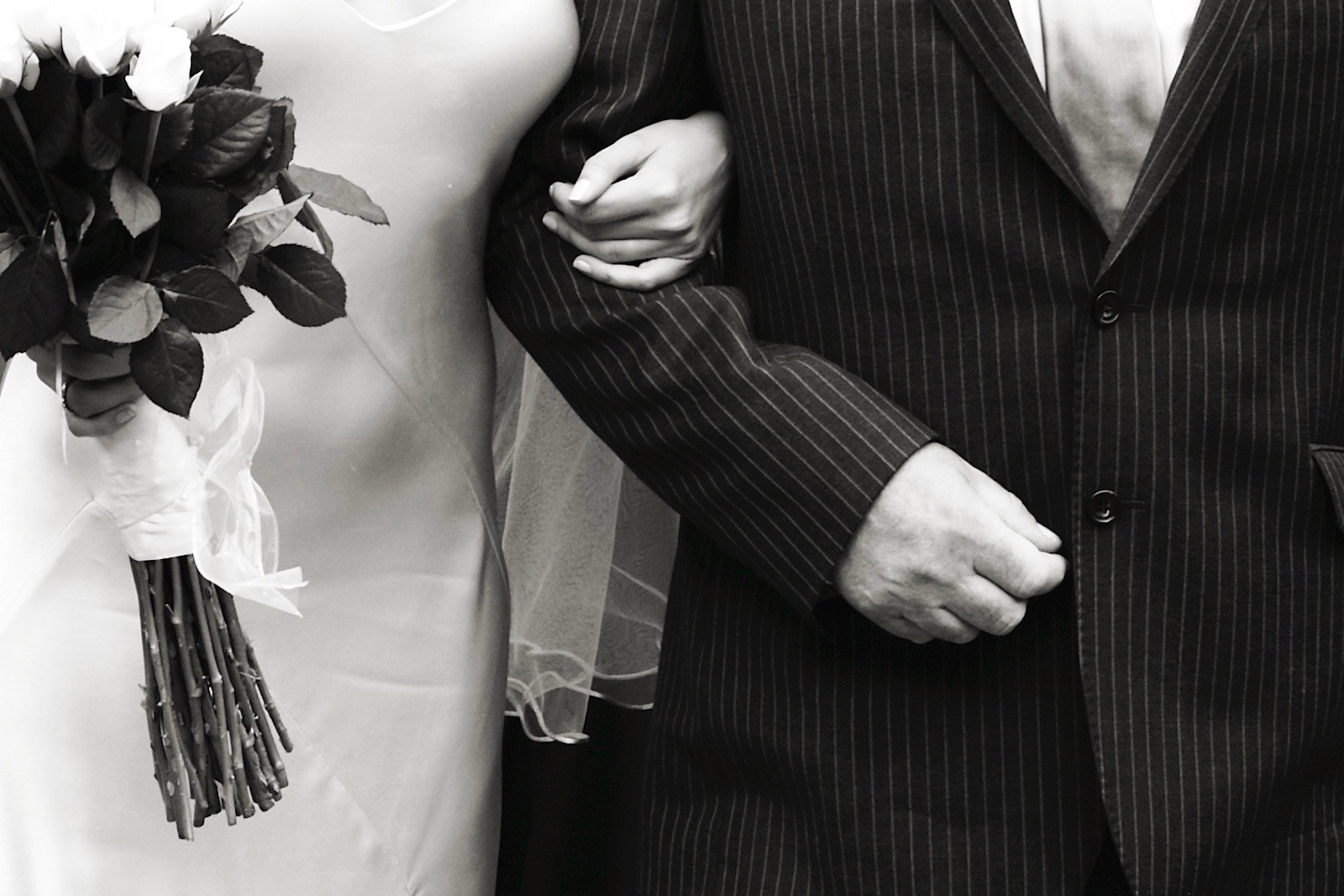Conrad
Buchanan woke up the morning of March 14th — the very day that he, his
wife Nicole, and daughter Skye, 12, were supposed to be leaving for
their spring vacation — with a low grade fever and body aches. He worked
as a DJ, and was around big parties and crowds. When he woke up that
morning, his back hurt so much that he told Nicole he thought they might
need a new mattress.
As
the day wore on, he proceeded to feel worse, developing body aches and
nausea. He was swabbed for the flu, but the test came back negative. His
primary care doctor gave him a script to test for Covid-19, but because
he had no prior health issues, hadn’t travelled out of the country
recently, and was only 39 years old, nobody would test him.
His
symptoms continued to get worse. By Wednesday the 19th, he had
developed a horrible cough and diarrhea. Four days after showing
symptoms, Conrad was finally able to get a drive through test for
Covid-19, where he was swabbed and told to self-quarantine. On March
21st, Conrad received his results: he had tested positive for Covid 19.
The Health Department instructed him to stay at home, and to go to the
hospital if he was having trouble breathing.
By
that evening, he was so sore from coughing and body aches that he
couldn’t physically get himself to the bathroom. Nicole told us that she
knew it was time to take him to the hospital: “By Sunday, I could tell
his breathing was just getting tougher for him. I kept telling him we
should go in, and he was telling me he was so scared to go in. But his
pulse was low — 84 — and I knew I had to take him in.
“We
get to the hospital — Gulf Coast Medical Center in Fort Myers, Florida —
and at that point he’s still talking to me. He says to the ER team: ‘My
wife has to come with me.’ He’s scared out of his mind, and the
hospital staff says, ‘She just needs to park the car, and then we’ll
bring her to you.’ When I parked the car and came back to the entrance,
the hospital staff wouldn’t let me in. I can’t get into the ER, no one
is talking to me, and the hospital is on complete lockdown.
“An
hour goes by, and I finally speak to a doctor who says, ‘I intubated
your husband and put him on a ventilator, and he’s waiting to be moved
up to the ICU.’ I said, ‘What? Why did you put him on a ventilator?’
Nobody called me; nobody let me know what was going on or told me what
the recommendations were. I know my husband would have never made that
decision on his own.The doctor told me that this was the protocol during
the pandemic.”
That
night, Conrad had a pulmonary embolism, which affected his lungs and
the right side of the heart. Nicole says that although she was able to
“sneak in” to the hospital, she wasn’t allowed to touch or be in the
same room as her husband. She had a nurse put a phone up to his ear so
that she could talk to him.
Nicole
told us, “By that time, he was medically sedated and paralyzed. The
nurse there was amazing, and she could see and hear my pain. I asked her
to call me when things took a turn. On Thursday she called me, told me
his oxygen level had gone down to 40, and they were pushing epi every 10
minutes to keep his heart going. He had brain damage. I knew that
that’s not a life he wanted to live. He always sang “Three Little Birds”
to our daughter, so when the nurse put us on the phone with him, we
were able to sing that to him as he left us.” Conrad died that day at
5:45 p.m.
Now,
Nicole is fighting to get an autopsy: “I want answers. A medical
examiner hasn’t even looked at my husband’s body. They are trying to
rule it as a natural cause. But they need to look at his body to get
answers. These doctors don’t know what they’re doing. They’re not ready,
and they’re not prepared. Everyone is scared. They wouldn’t even test
me, and I’ve been in the house with him for 16 days. I finally got my
own test and I’m positive, but my only symptoms are that I have no taste
or smell. Why did he die but I’m okay?”
Nicole
called the CDC to file a complaint, and was told they are only
performing autopsies on 5% of Covid-19 victims. “We, as the U.S., need
to prepare these hospitals and these doctors — we need to know what
happened to him.” Nicole said. “I would never want somebody in a million
years to go through this. I feel like I’m in a horror movie.”
She
told us, “He was so loved in this community. He was such an uplifting,
goofy spirited guy. He just loved bringing every walk of life together
through music.”






 Here’s
what you should know. While grieving and mourning are different for
every person and can vary drastically in length for each person, the
memory issues normally go back to normal once the opportunity to
completely grieve has occurred. This could be years of memory issues in
varying intensity but only if the person is experiencing severe
complicated grief for a very long time will it cause changes in the
brain that could cause lasting memory issues.
Here’s
what you should know. While grieving and mourning are different for
every person and can vary drastically in length for each person, the
memory issues normally go back to normal once the opportunity to
completely grieve has occurred. This could be years of memory issues in
varying intensity but only if the person is experiencing severe
complicated grief for a very long time will it cause changes in the
brain that could cause lasting memory issues.